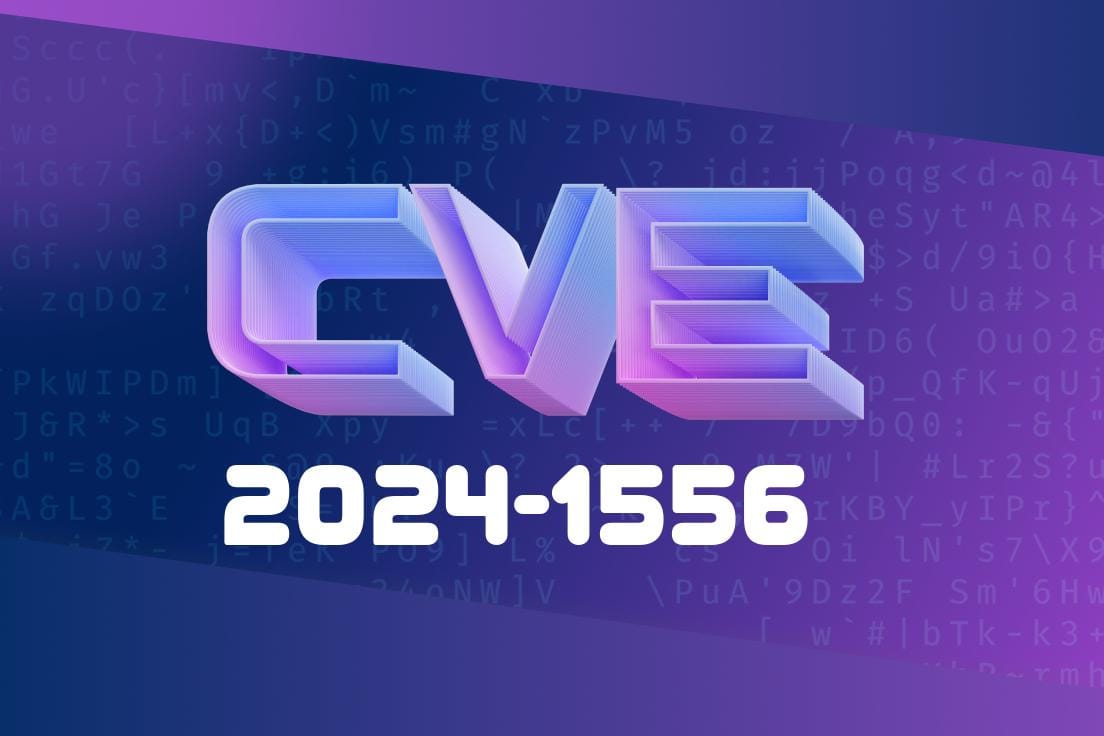In early 2024, a subtle yet dangerous vulnerability was discovered in Firefox’s built-in profiler component. Labeled CVE-2024-1556, this flaw exists because the wrong object was checked for NULL, opening the possibility for invalid memory access and undefined behavior. This post gives a deep-dive, hands-on view of the vulnerability, including proof-of-concept code, technical analysis, and advice on protecting yourself.
> Note: This bug affects Firefox only when the built-in profiler is running. Regular users not using the profiler aren’t directly at risk, but it’s a significant issue for developers and advanced users.
What is CVE-2024-1556?
The official Mozilla Security Advisory describes this as a problem where "incorrect object was checked for NULL in the built-in profiler, potentially leading to invalid memory access and undefined behavior." If a wrong pointer (object) is checked for NULL, the program might later use another pointer that, in certain cases, could be NULL — causing a crash or, worse, leading to exploitation.
Technical Details
During profiling, Firefox collects stacks and samples from the executing code. Key profiler functions rely on verifying pointers before accessing objects in memory. If the *wrong* pointer is checked (or not checked at all), the code may later dereference a NULL pointer.
Let’s look at a C++ pseudo-code illustrating the bug
// Intended logic (safe)
void Profiler::RecordEvent(Event* event) {
if (event == nullptr)
return;
processEvent(event);
}
But in the vulnerable code, it looked more like this
void Profiler::RecordEvent(Event* event, Context* ctx) {
if (ctx == nullptr) // <-- Checking wrong pointer
return;
processEvent(event); // <- unsafe if 'event' is nullptr!
}
If event is NULL but ctx isn’t, the function will try to process a NULL pointer, causing memory errors.
Force creation of a profiler event with a NULL pointer.
This can be tricky, but imagine a scenario where a website triggers complex JavaScript debugging/profiling, manipulating web content in a way that causes the profiler to process unexpected (NULL) events.
Proof-of-Concept (PoC)
Below is an abstract, simplified PoC to illustrate how a crafted event could reach the problematic code if a developer runs the profiler and is tricked into loading malicious content.
// Assume the profiler is active in this Firefox session
// Malicious page triggers an elaborate debug profile
debugger;
console.profile("AttackProfile");
// Try to create edge-case scenarios with unusual events
setTimeout(() => {
// Hypothetically, create a browser event that would be null
// (in reality, this would require fuzzing browser internals)
window.dispatchEvent(new Event(null));
}, 100);
console.profileEnd("AttackProfile");
If the mishandled NULL check in the profiler encounters this, it may access freed or invalid memory — possibly crashing the browser or opening doors for further exploitation with more sophisticated payloads.
Mozilla Security Advisory:
Mozilla Bug Tracker:
NVD Entry:
The issue was patched in Firefox 123 by ensuring that the correct pointer is always checked for NULL
void Profiler::RecordEvent(Event* event, Context* ctx) {
if (event == nullptr) // Corrected check
return;
processEvent(event);
}
If you’re a developer:
Study the patch to understand mis-checking NULL pointers, and always check the real object you’ll later use.
Always update to the latest browser for safety.
- Developers should treat client-side profiling and debugging tools with the same care as production tools.
Conclusion
CVE-2024-1556 teaches us how a single careless NULL check can open up big holes in memory-safe applications. Firefox’s quick fix in v123 protects users, but it’s a solid reminder: never assume that just because code is “developer-facing” or “optional” (like the profiler), it can’t become a security issue.
Stay safe. Update often. Double-check those pointers!
*All code/examples here are educational, not functional exploits. For full details, see Mozilla’s official advisory.*
Timeline
Published on: 02/20/2024 14:15:09 UTC
Last modified on: 11/12/2024 20:35:06 UTC
